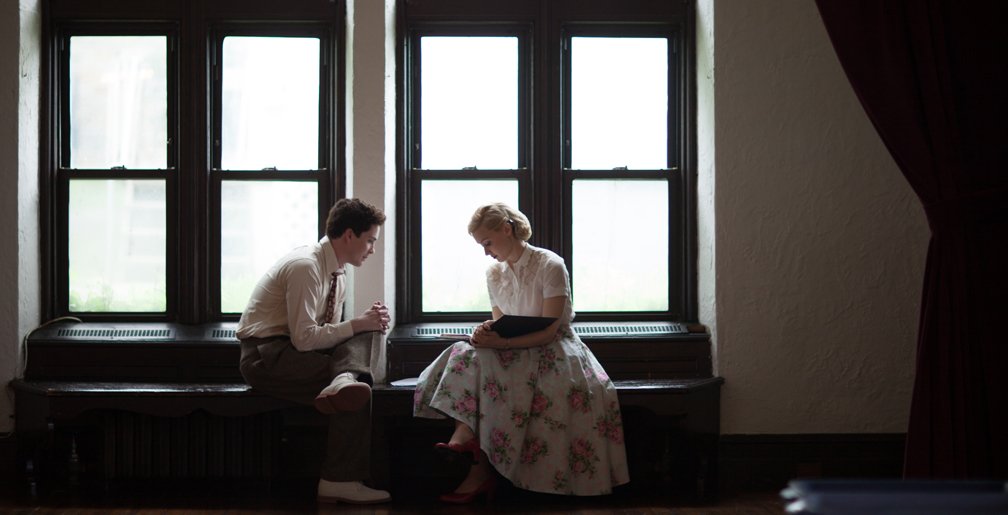
I’m thrilled to have finally caught up with ‘Krisha.’ This debut feature from Trey Edward Shults needs to be heralded as a new classic of American cinema. Its themes and storytelling devices are bold, daring and original. The lead actress, Krisha Fairchild, is superb. It is a work of genius that will leave your head spinning and your eyes teary.
‘Krisha’ could have only been made by someone as personally invested in the material as Shults was – along with his entire family. The titular character is played by his aunt, and is written as an amalgam of his relationship with his father and the whole family’s experience with his cousin, an addict who passed away shortly after a rough visit.
Raw and uniquely observant, Krisha’s Thanksgiving visit is masterfully communicated through delicate insert shots of various family members in candid moments (we’re meant to be wondering whether or not Krisha is spying on them) and propulsive, merry-go-round style montages of Krisha’s inherent tensions with domestic life. She seems to be doing as well as could be expected until she talks to her son, Trey (the director playing a younger version of himself), and realizes that no matter how hard she tries, she may never, in her words, “make up for lost time.” This sends her into a downward spiral involving her addictions that becomes more and more unsettling to watch.

If you’ve ever had a black sheep in your family, the fictionalized trials of the Shults family will feel all too real. During the film’s festival run, audience members were seen running out in tears at certain traumatic parts. At one question-and-answer session, a man wept at the feet of the cast, most of whom are just members of Trey Shults’ extended family.
I consider myself lucky that I have never had to witness a family tragedy like the one depicted here. But even though I could not relate to the film on that deep of a personal level, I found the artful exploration of domestic life to be extremely relatable. And during the most tense scenes, the performance of Krisha Fairchild buoys the movie and elevates it to something more extraordinary than painful. She manages to be totally charming even as we know the depths of the darkness bubbling underneath.

To match Krisha, Shults cast her actual sister, Robyn Fairchild, as the younger sister desperately trying to help her wayward older sister. They have a heart-to-heart near the end that is as devastating and as memorable as any of the greatest film scenes of the past decade. By the very end, that whole scene is bravely called into question, admirably continuing Shults’ challenging trajectory.
This is not a crowd-pleaser. This isn’t something that everyone is ready to see. But if you can handle its darkness and can comfortably – or perhaps uncomfortably – go to the places this movie asks you to go, it is a rewarding experience worthy of your time. And it follows in one of my favorite cinematic traditions: clocking in at one hour, twenty-two minutes, it leaves you wanting more.
-George Napper

‘Krisha’ is rated R for language, substance abuse, and some sexual content.






